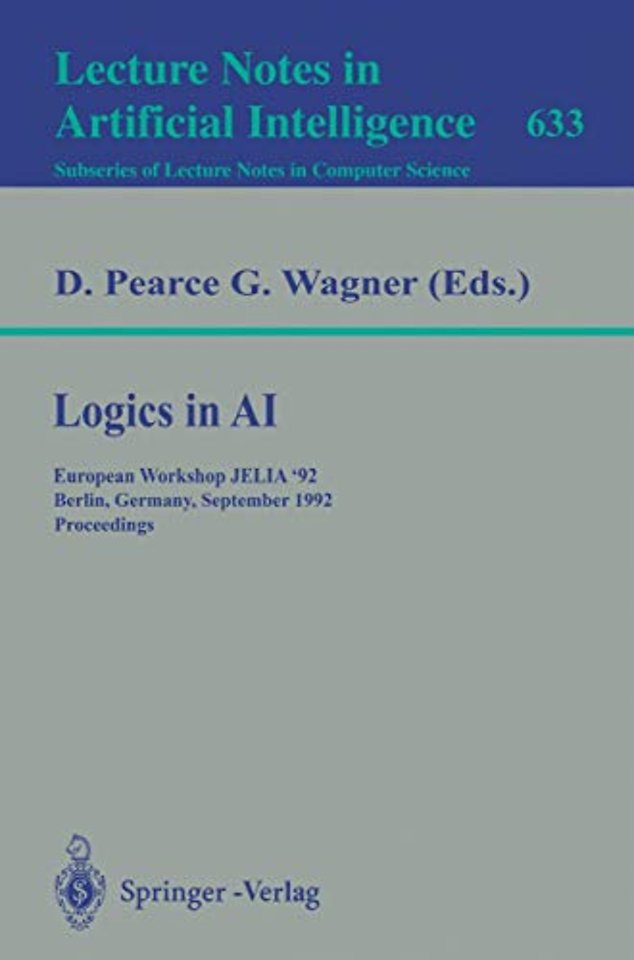Logics in AI
European Workshop JELIA '92, Berlin, Germany, September 7-10, 1992. Proceedings
Samenvatting
This volume contains the proceedings of JELIA '92, les
Journ es Europ ennes sur la Logique en Intelligence
Artificielle, or the Third European Workshop on Logics in
Artificial Intelligence.
The volume contains 2 invited addresses and 21 selected
papers covering such topics as:
- Logical foundations of logic programming and
knowledge-based systems,
- Automated theorem proving,
- Partial and dynamic logics,
- Systems of nonmonotonic reasoning,
- Temporal and epistemic logics,
- Belief revision.
One invited paper, by D. Vakarelov, is on arrow logics,
i.e., modal logics for representing graph information. The
other, by L.M. Pereira,J.J. Alferes, and J.N. Apar cio, is
on default theory for well founded semantics with explicit
negation.

